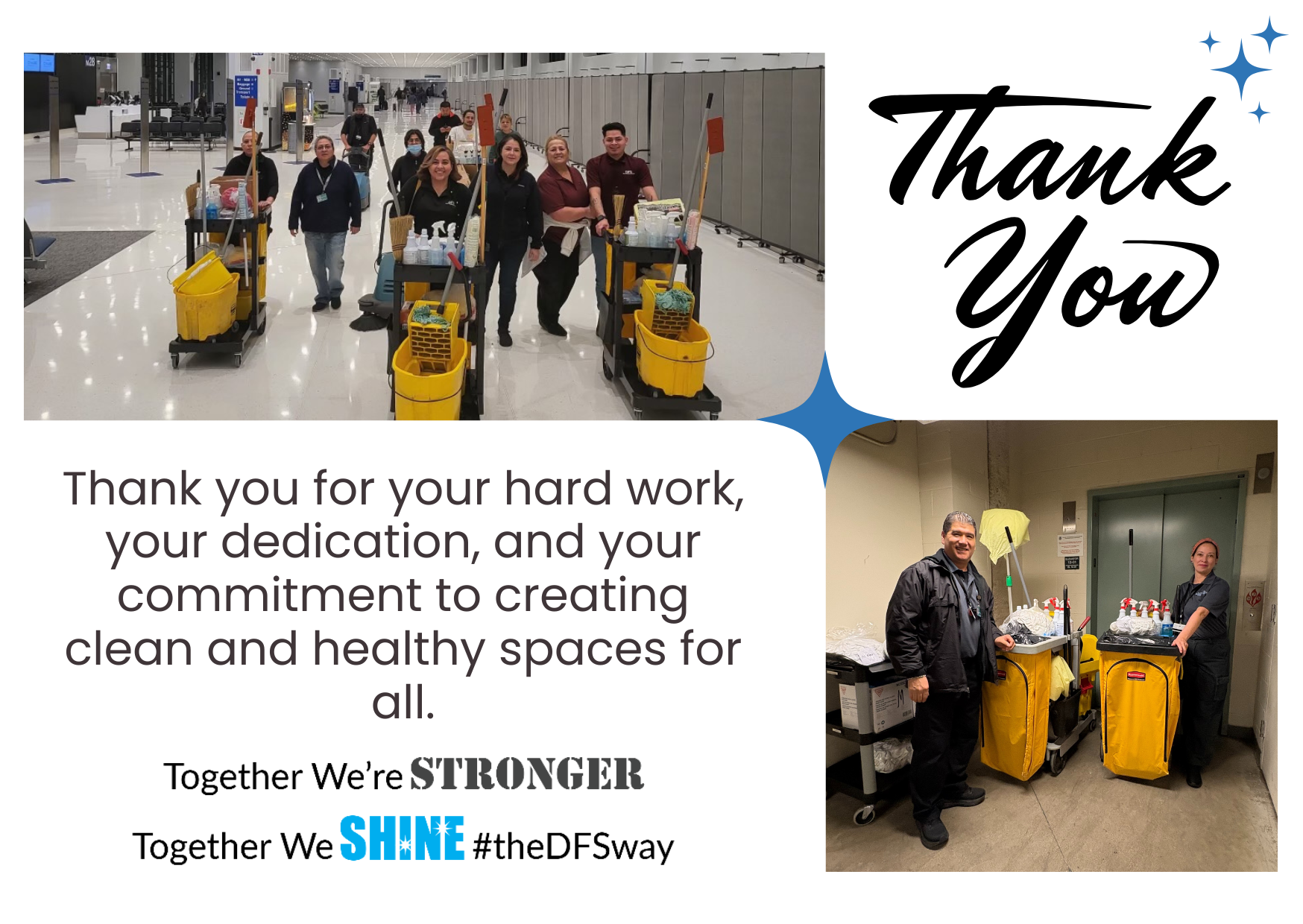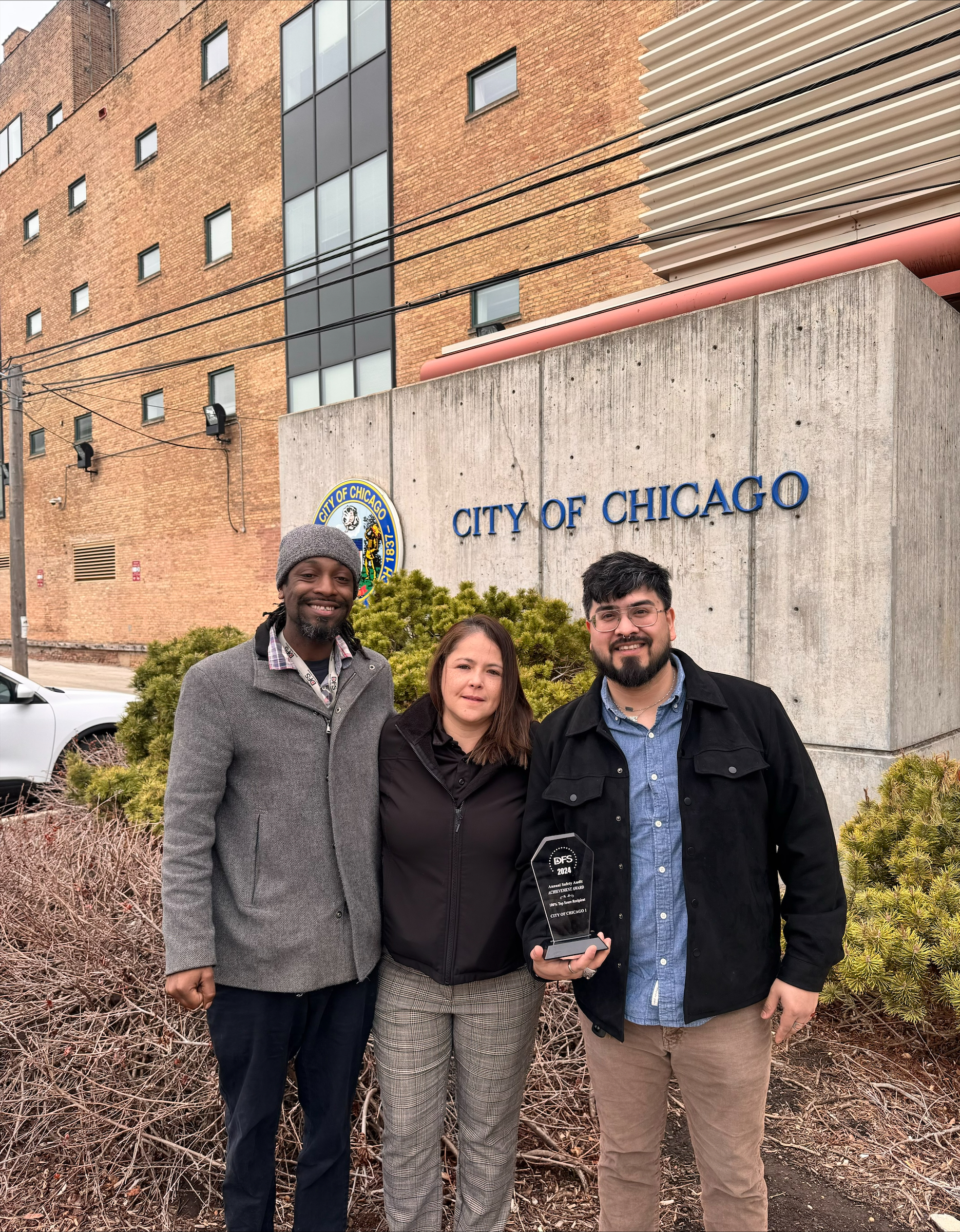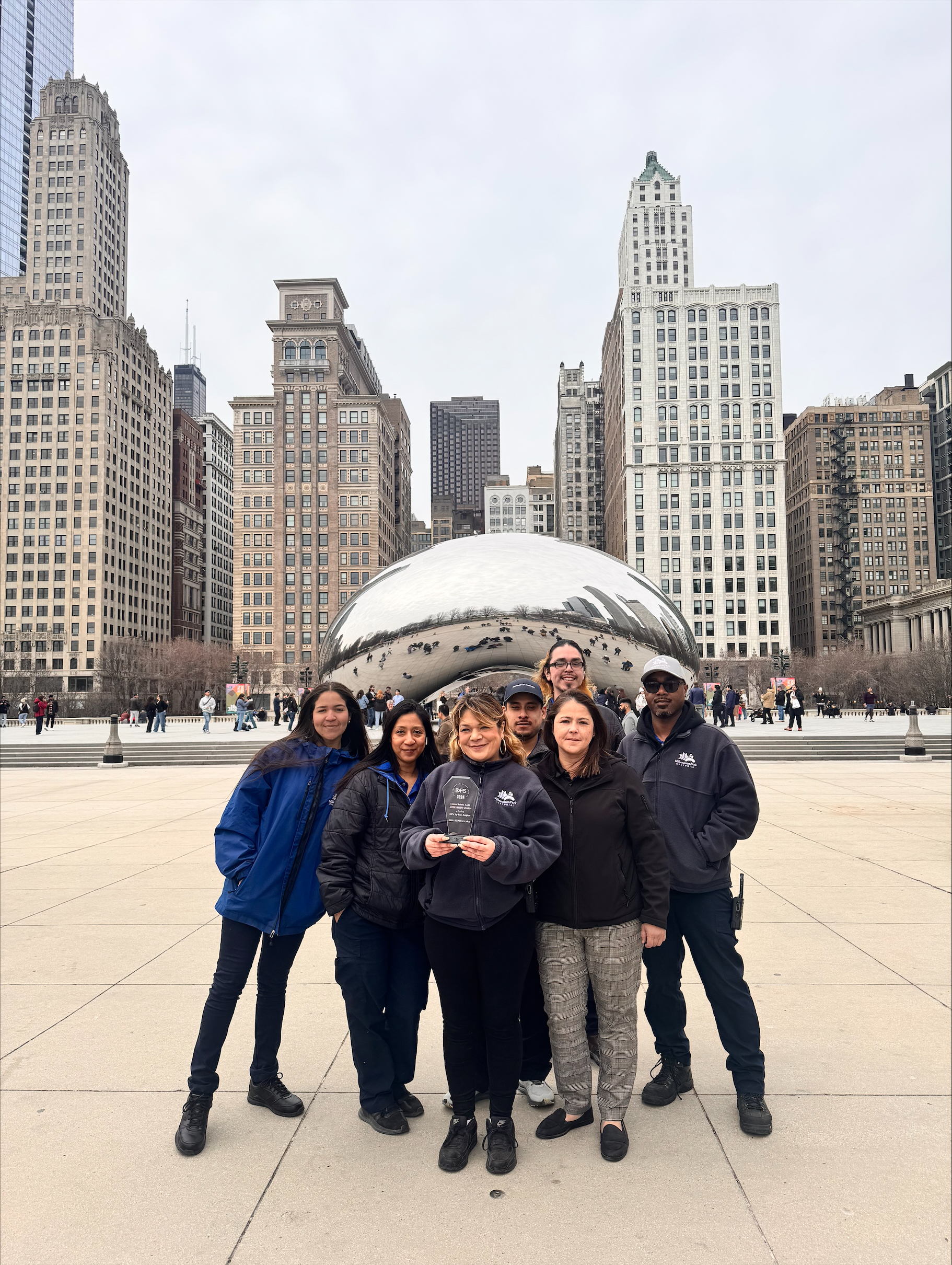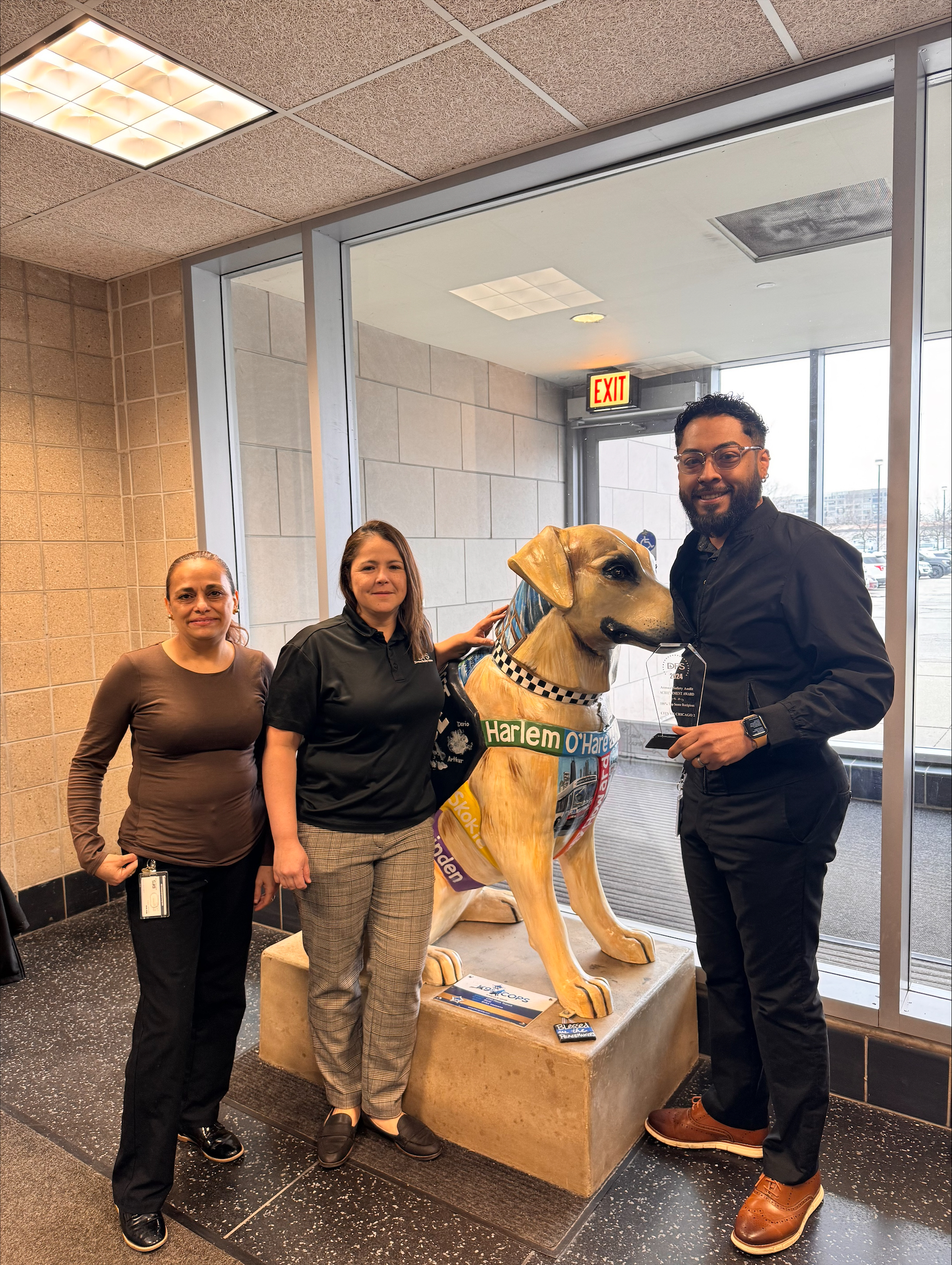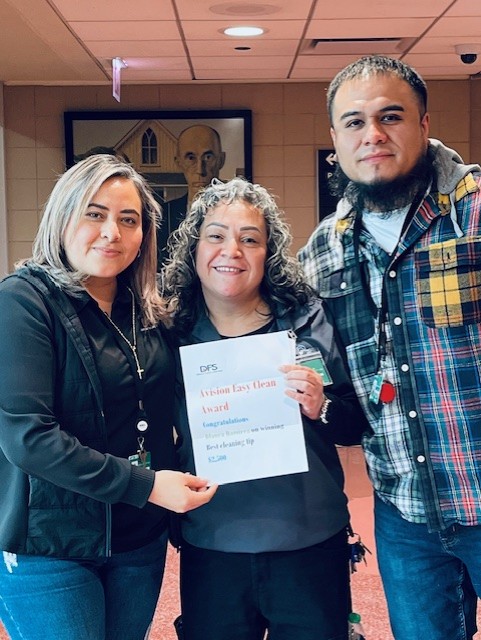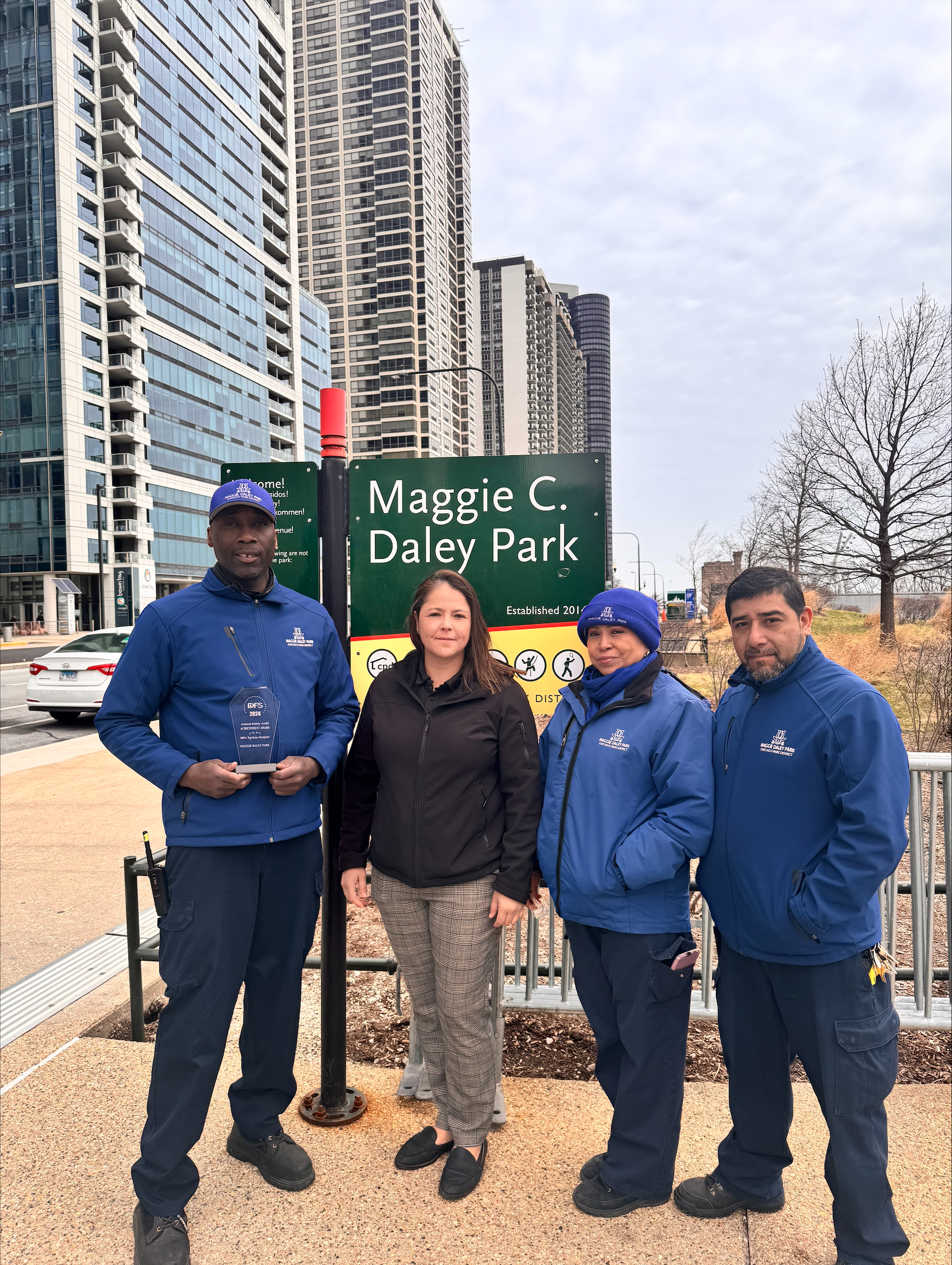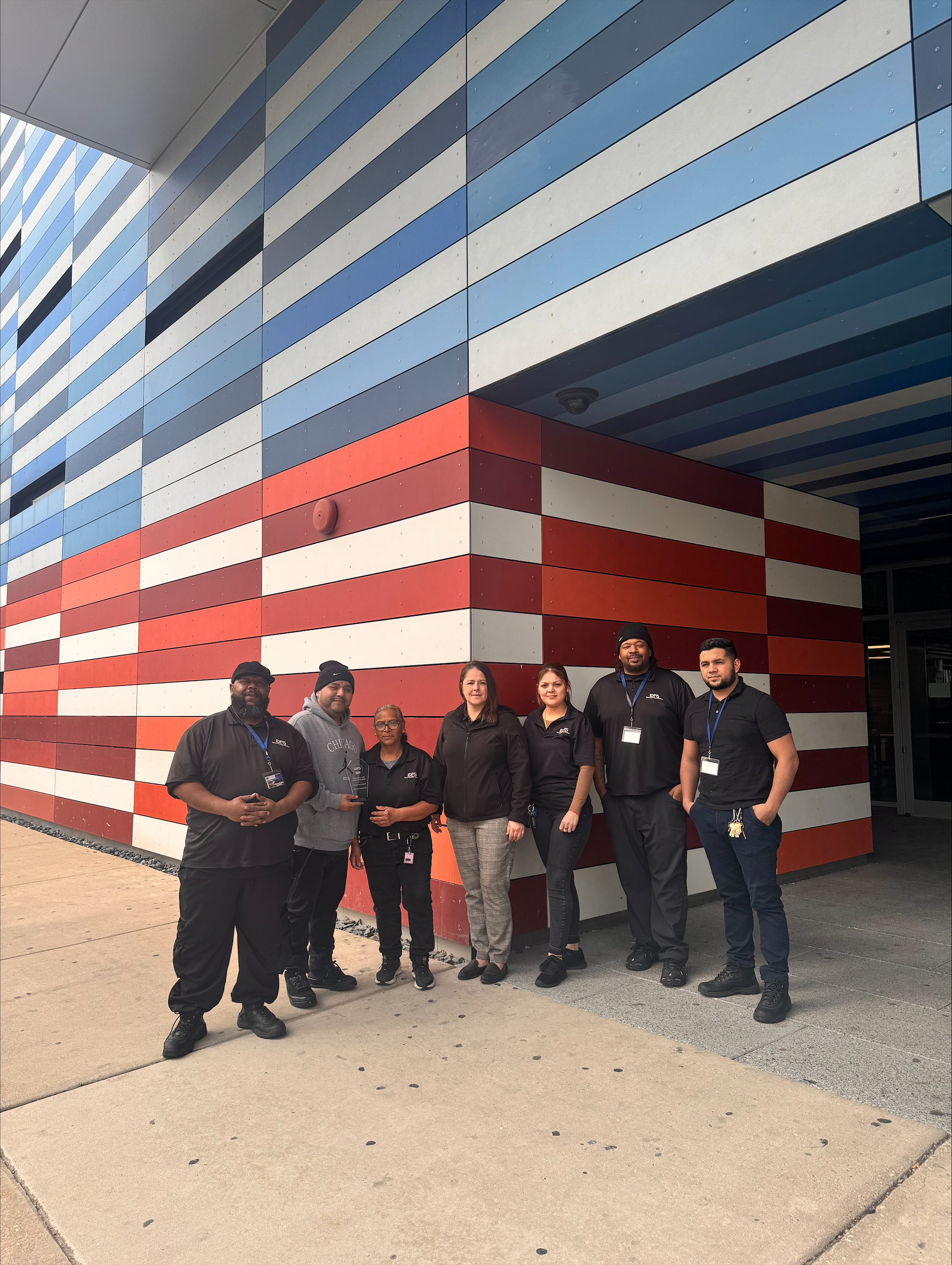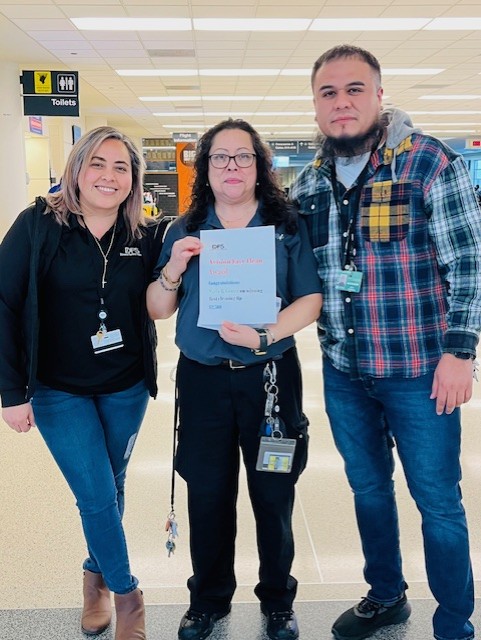The Heart of our clean spaces: Our Janitorial Teams
At DFS, we know that clean spaces are essential for healthy, safe, and productive environments. But it’s easy to overlook the dedicated teams that make this happen every single day: our janitors.
These individuals are the unsung heroes of our company and the heart of cleanliness. All across our country, from early mornings to late nights, they work tirelessly to maintain the highest standards of cleanliness. They are the reason businesses can keep running, travelers can keep flying, students can keep learning, and so much more. From early mornings to late nights, they work tirelessly to maintain the highest standards of cleanliness.
Being a member of the DFS team means making a difference. Our janitors don’t just clean facilities – they create environments where people can thrive.
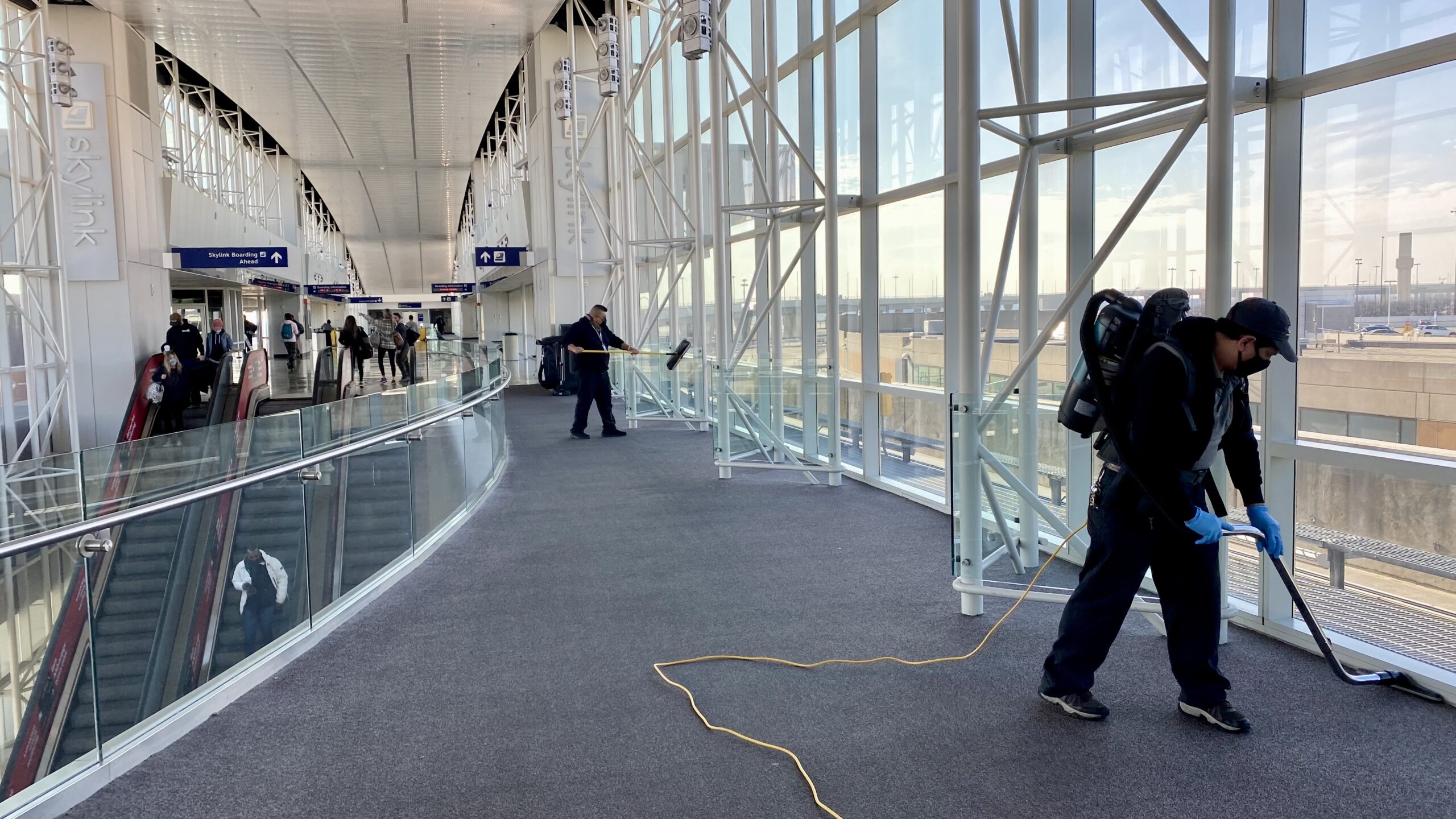
Beyond Cleanliness: Their Broader Impact
The contributions of our janitorial team go beyond maintaining cleanliness. Our janitors are skilled professionals who play an essential role in maintaining the health and safety of our communities. They are the experts in:
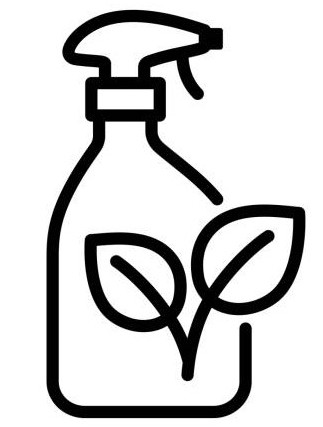
GREEN CLEANING PRACTICES
They are committed to using environmentally friendly products and methods to protect our planet.
PROBLEM SOLVING
They are often the first to identify and address potential issues, such as spills, leaks or maintenance needs.
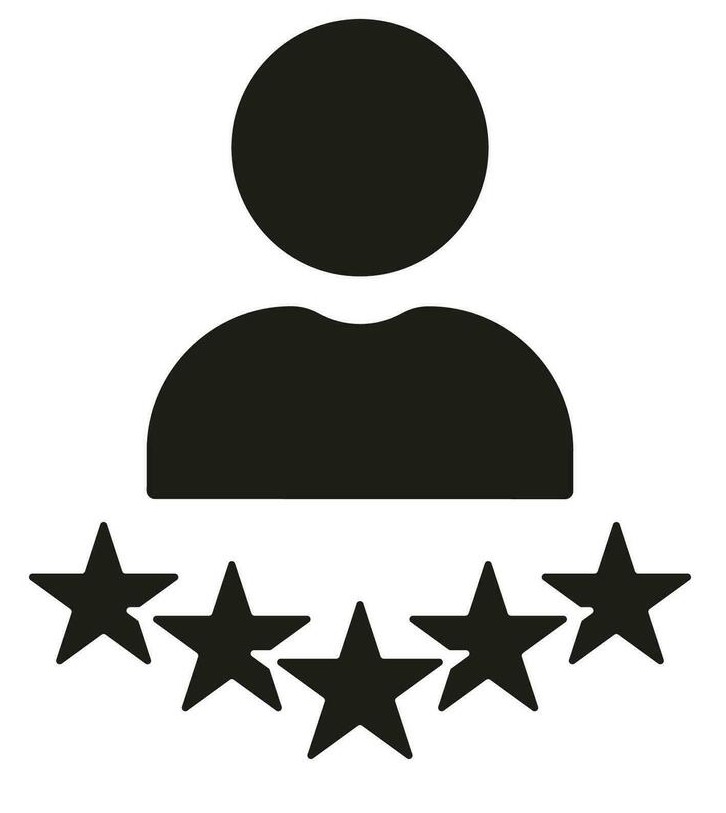
CUSTOMER SERVICE
They take pride in providing friendly and professional service to our clients.
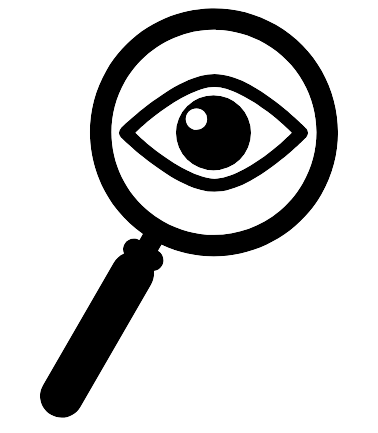
ATTENTION TO DETAIL
They pay close attention to every detail, from sanitizing high-touch surfaces to ensuring that restrooms are fully stocked.
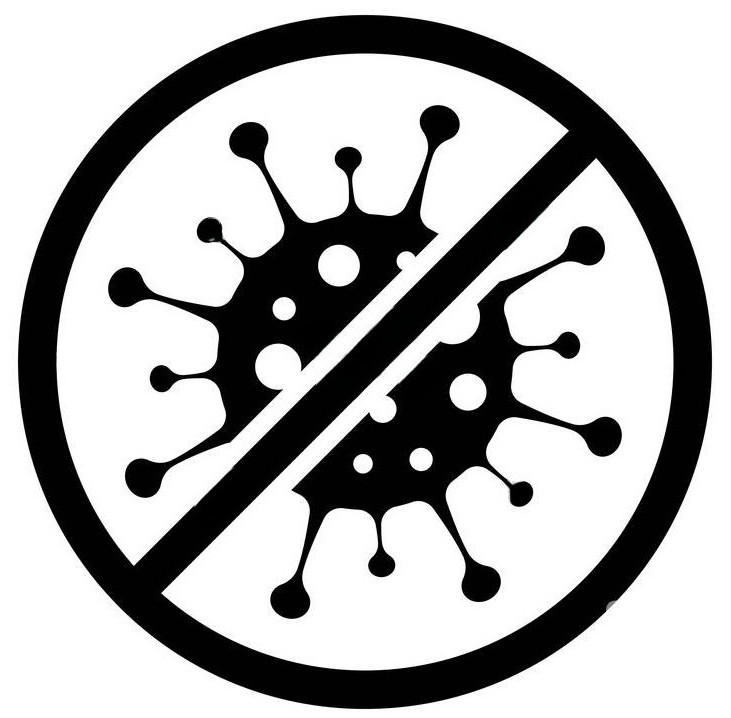
INFECTION CONTROL
They understand the importance of proper cleaning and disinfection to prevent the spread of germs and keep people healthy.

SAFETY PROTOCOLS
They are trained to identify and address potential hazards, ensuring a safe environment for everyone.
Recognizing Their Contributions
We believe in recognizing and celebrating the contributions of our janitorial team. We understand that their work is physically demanding and often goes unappreciated. That’s why we strive to create a supportive and positive work environment where they feel valued and respected.
TO OUR INCREDIBLE JANITORIAL TEAMS:
